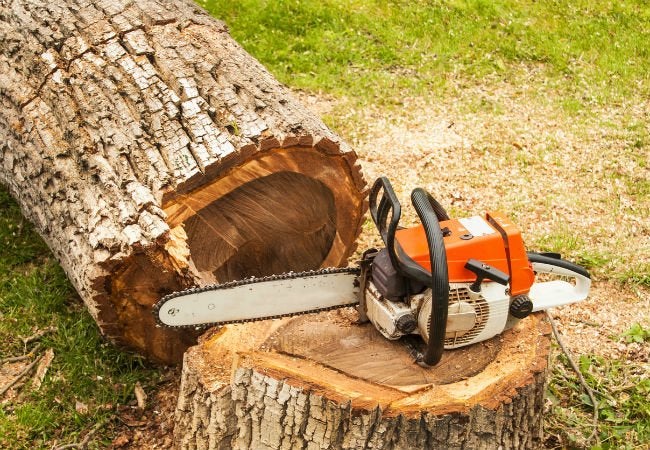The Consequences of Cutting Down Trees
Have you ever thought about the impact of cutting down trees? Trees are an essential part of our planet's ecosystem, and they play a crucial role in regulating our climate. They absorb carbon dioxide from the atmosphere, provide oxygen for us to breathe, and create habitats for numerous species of animals and plants.
Unfortunately, the world's forests are being destroyed at an alarming rate, with around 18 million acres of forest lost every year. This deforestation is causing severe environmental and social consequences that affect all of us. In this article, we'll explore the reasons why trees are being cut down and the consequences of deforestation.
Why Are Trees Being Cut Down?
One of the primary reasons for tree cutting is the demand for wood and paper products. Trees are used to make a wide variety of products, from furniture and building materials to newspapers and books. As the world's population grows, so does the demand for these products, leading to more trees being cut down.
Another reason for tree cutting is the expansion of agriculture. Farmers clear forests to make way for crops and livestock, particularly in developing countries where land is often scarce. Deforestation also occurs to create space for infrastructure projects such as roads and buildings.
Consequences of Deforestation
Deforestation has numerous negative consequences, including:
Climate Change: Trees absorb carbon dioxide from the atmosphere, and when they're cut down, that carbon is released back into the air. Deforestation is responsible for around 10% of global greenhouse gas emissions, making it a significant contributor to climate change.
Soil Erosion: Trees play a crucial role in preventing soil erosion. When forests are cut down, soil erosion can occur, leading to the loss of fertile topsoil and making it harder to grow crops.
Loss of Biodiversity: Forests are home to a vast array of plant and animal species. When forests are destroyed, those species lose their habitat and can become endangered or even extinct.
Water Cycle Disruption: Trees play an important role in regulating the water cycle. When forests are cut down, the balance of water in the ecosystem can be disrupted, leading to floods, droughts, and other water-related issues.
Social Consequences: Deforestation can also have social consequences, particularly for indigenous communities who depend on forests for their livelihoods. When forests are destroyed, those communities lose their homes and the resources they rely on.
What Can We Do to Preserve Our Forests?
Preserving our forests is crucial for the health of our planet and all the species that call it home. Here are some things we can do to help:
Reduce Paper Use: One of the primary reasons for deforestation is the demand for paper products. We can reduce our paper use by going digital, using both sides of the paper, and recycling.
Choose Sustainable Wood Products: When buying wood products, look for those that are certified by the Forest Stewardship Council (FSC). These products come from forests that are managed in an environmentally and socially responsible way.
Support Forest Conservation Efforts: There are numerous organizations working to preserve our forests, such as the World Wildlife Fund and the Rainforest Alliance. Supporting these organizations can help make a significant impact.
Plant Trees: Planting trees is one of the best ways to combat deforestation. Trees absorb carbon dioxide from the atmosphere, help regulate the water cycle, and provide habitats for animals.
Use Renewable Energy: Climate change is one of the primary drivers of deforestation. By using renewable energy sources such as solar and wind power, we can reduce our carbon footprint and help slow down deforestation.
So next time you use paper, buy wood products, or consider deforestation, remember the consequences and the actions you can take to preserve our forests. Our planet and its inhabitants depend on it.
Labels: Interesting


0 Comments:
Post a Comment
Subscribe to Post Comments [Atom]
<< Home